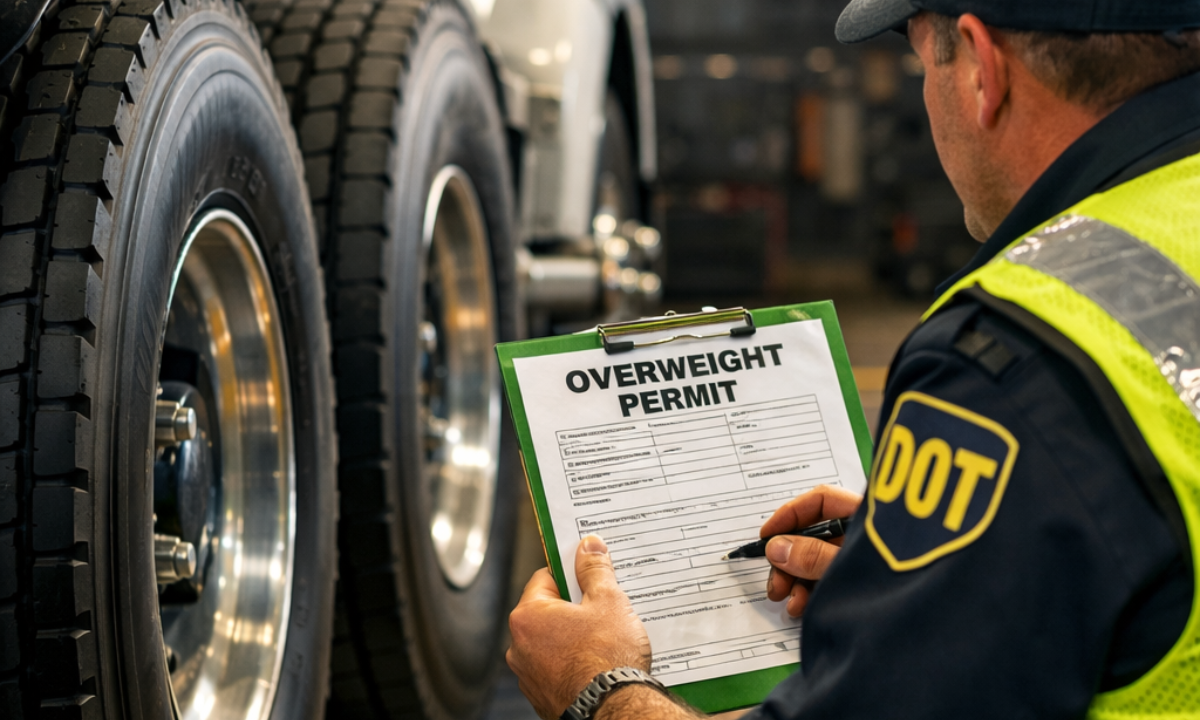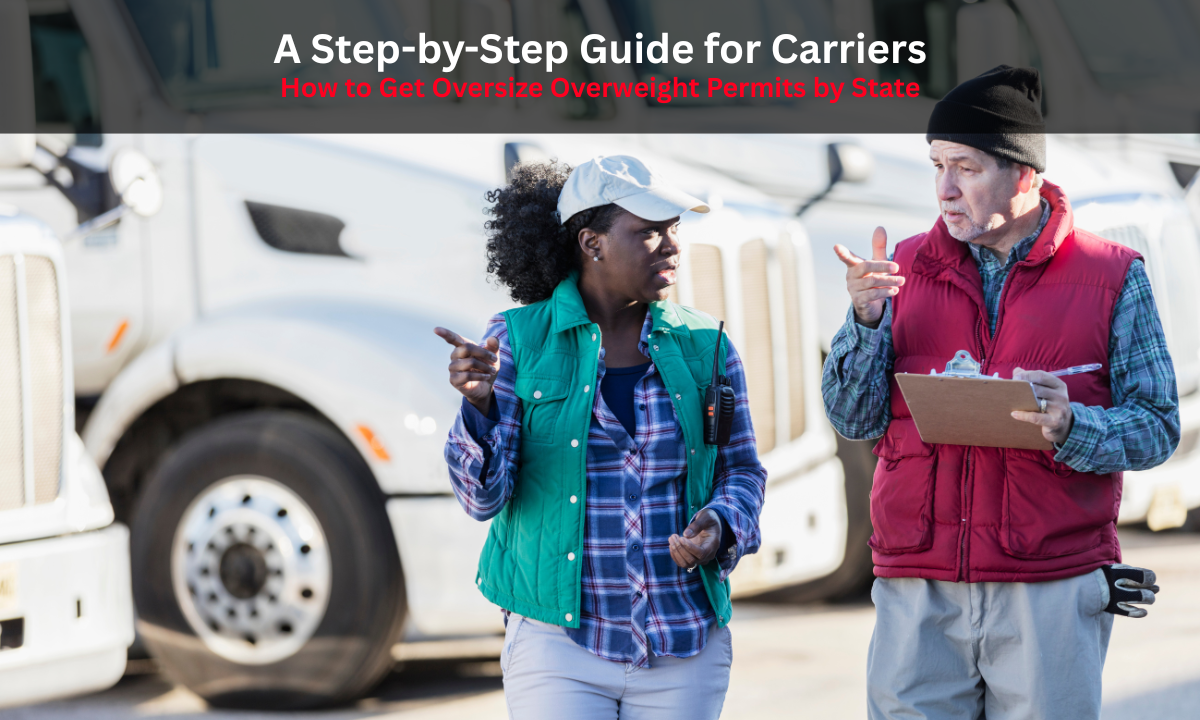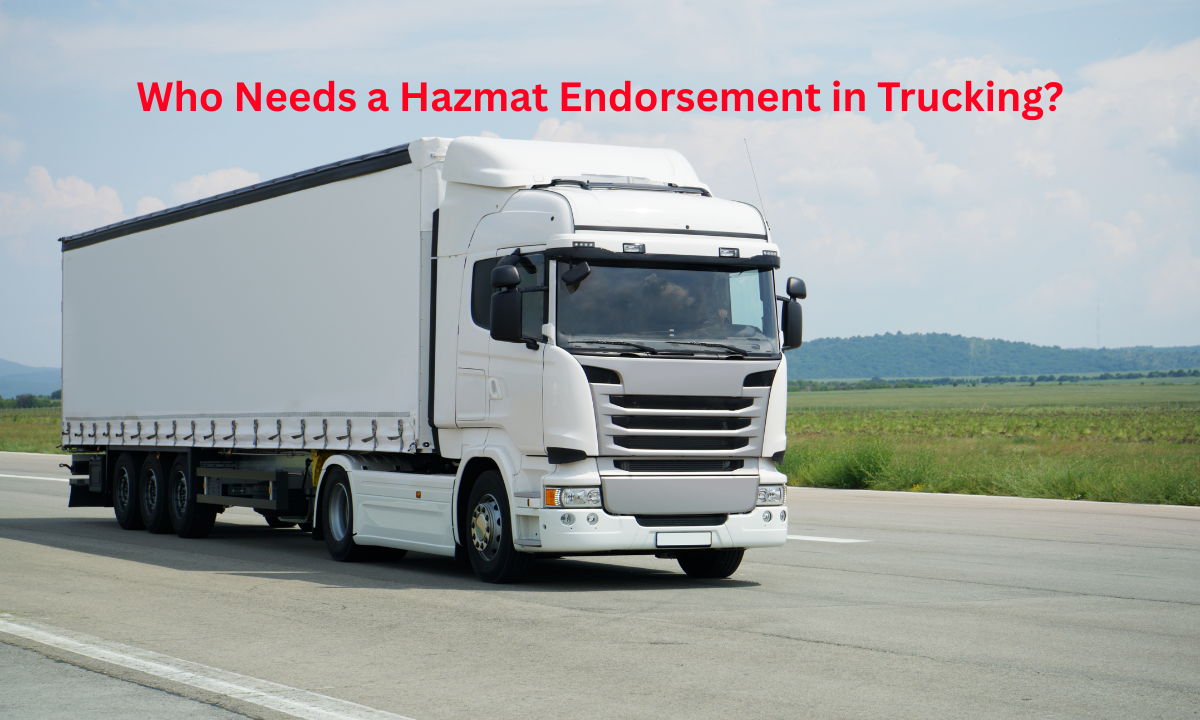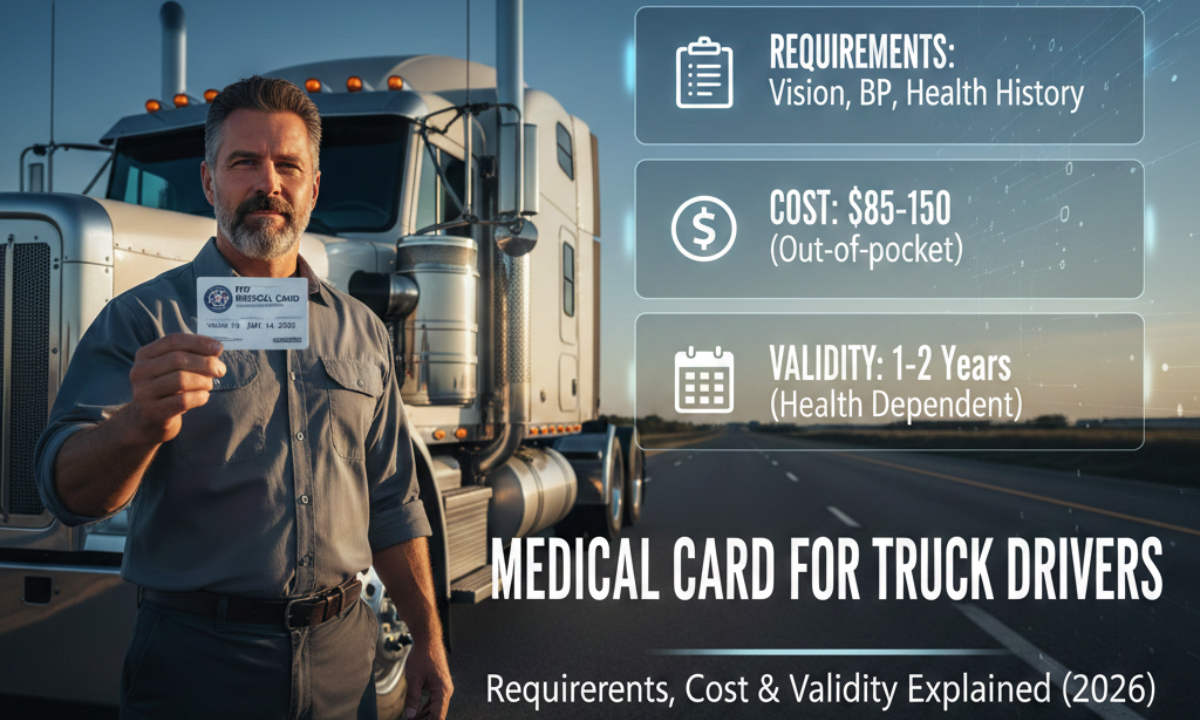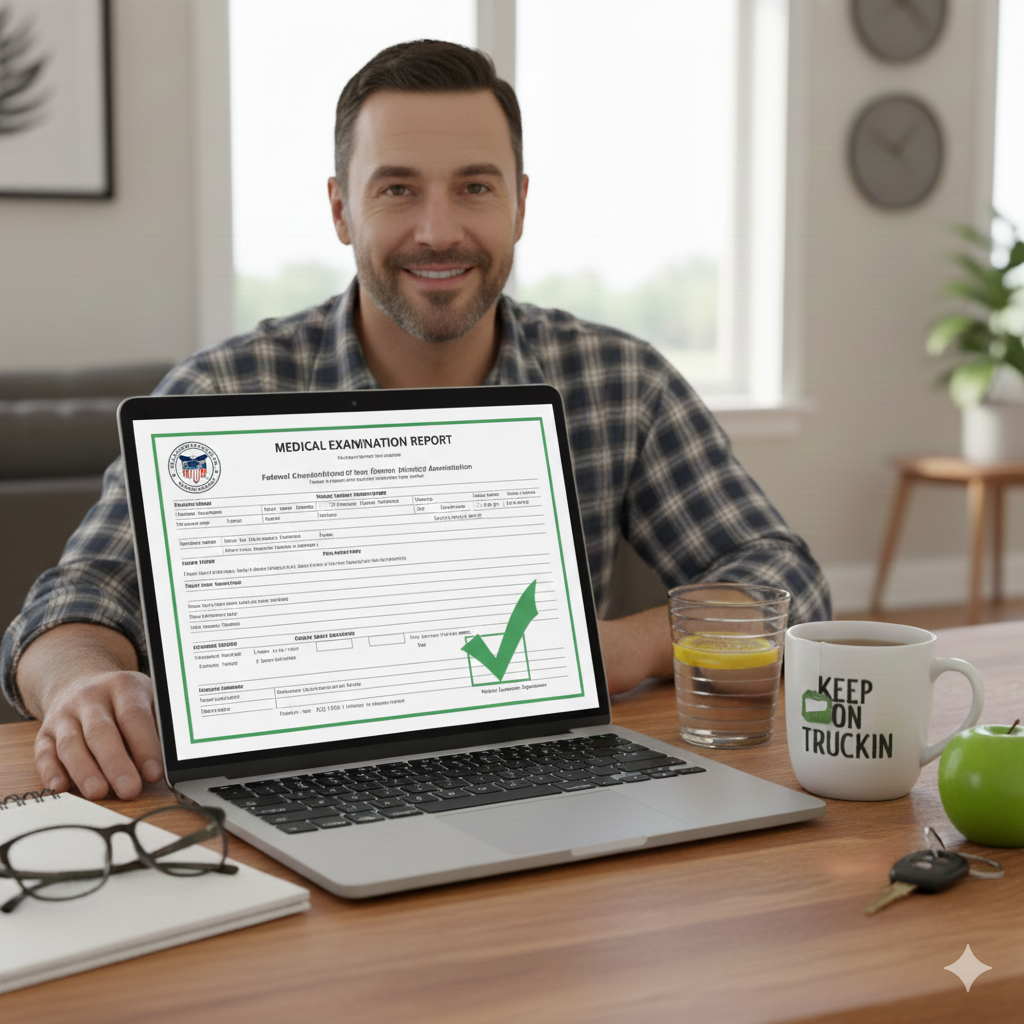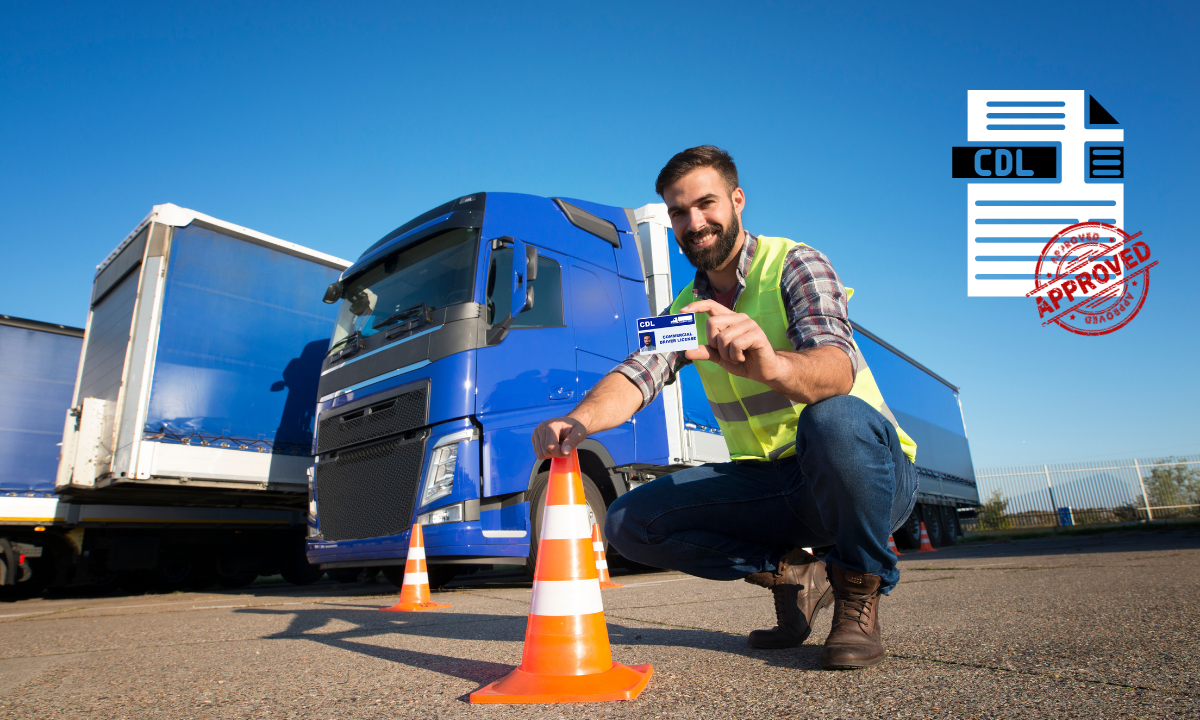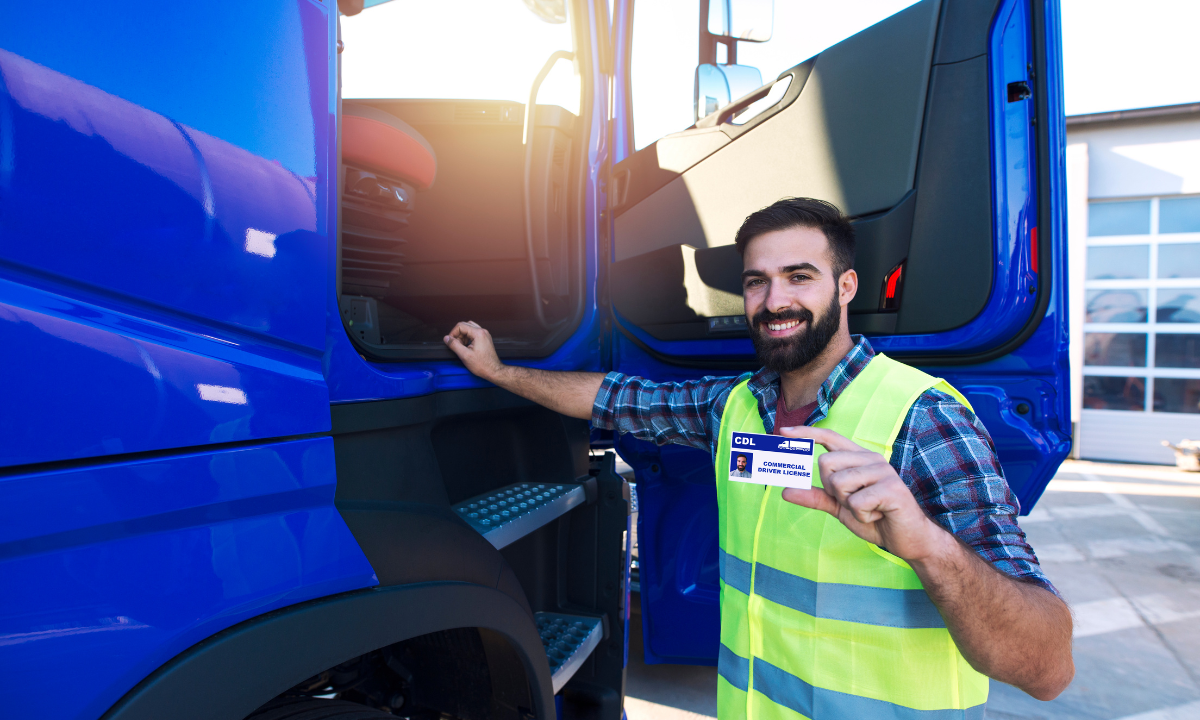What should I do in case of an accident?
What Truckers Should Know in Case of an Accident
Accidents happen on the road, but for truck drivers, the implications of that accident can be serious because of the size and weight of the vehicle. Knowing what to do is not only safety but also compliance with FMCSA regulations and the measure for avoidance of legal or financial complications.
Ensure Immediate Safety First
The first priority after an accident is to get safe. Insist that the truck be positioned at a safe place if possible without creating additional hazards. Activate hazard lights, put out reflector warning triangles, and wear on a high-visibility vest to notify other motorists. Critical at this point is preventing subsequent accidents.
Call 911 and Report the Incident
After ensuring that safety, call 911 immediately regarding accident reporting. Emergency services send medical responders, direct traffic, and submit an official report. It’s still important to be checked even when it’s obvious that an injury isn’t there. Some conditions don’t provide symptoms right away.
Secure and Document the Scene
For protection against liability claims, one must record properly:
- Take photos of the damage caused to vehicles, marking on the roads as well as conditions, and license plates.
- Note the time, location, and type of weather.
- Collect contact details of other drivers, witnesses, and officers that respond.
In this way, these details will support claims for the insurance company and will provide evidence in cases of dispute.
Tell the Carrier and the Insurance Company
Always first secure safety and contact the proper authorities. Next, go on to inform the trucking company dispatcher and insurance provider. Carries generally have a specific protocol on how to report accidents; following such notification typically helps in getting towing arranged along with repairs and legal backing if necessary.
Adhere to FMCSA Regulations
The Federal Motor Carrier Safety Administration (FMCSA) mandates that a commercial truck driver must keep proper records regarding every incident that happens. It also includes reports required on the accident itself, updating the log book as well as observing the Hours-of-Service (HOS) regulations requirements. Failing to comply with these regulations can lead to fines or penalties.
Cooperate With Authorities at the Scene
When law enforcement has entered the picture, provide information as you know it, but don’t admit fault. Stick only to the facts when presenting the required documents such as the CDL license, medical card, registration, and insurance. Professionalism also creates an avenue for more efficient handling of the case.
Arrange for Vehicle Towing and Cargo Safety
Buy it immediately controlling the possibility that the truck is not movable. Most of the time, these logistics are taken care of by either the carriers or the insurance companies. For those loads in transit, make sure to notify the shipper or broker on time to avoid disruption in the supply chain, as securing the cargo would directly link in minimizing the loss incurred.
Understand Legal and Financial Impacts
Most cases will involve a lawsuit, increased premiums in the insurance policy, and often cause DOT reviews because of accidents. Truck drivers and carriers should employ lawyers whenever it becomes necessary, especially when an accident involves injuries, fatalities, or hazardous materials. Proper adherence reduces long-term risks as accidents occur.
Focus on Health and Compliance after an Accident
Even after the scene is cleared, drivers need to do drug and alcohol testing post-accident as required by FMCSA rules. Medical evaluations will also be necessary to ensure that the driver is healthy enough to return to duty. The mental side is also a consideration in that accidents can lead to stress and trauma.
Final Thoughts
Dealing with accident scenarios does not only conform to safety but rather considers legal requirements, liability shield, and professional responsibility. Properly understanding the above would mean that safety would be prioritized, documentation would be done on the scene, authorities and carriers would be notified, and FMCSA protocols would be followed, thus lessening risks and securing the careers of truckers.
Disclaimer: The information provided in this blog post is for general informational purposes only. While we strive to keep the content accurate and up to date, we do not guarantee its completeness, reliability, or accuracy. Any actions you take based on this information are strictly at your own risk. We are not responsible for any losses, damages, or inconveniences that may arise from the use of this blog.



